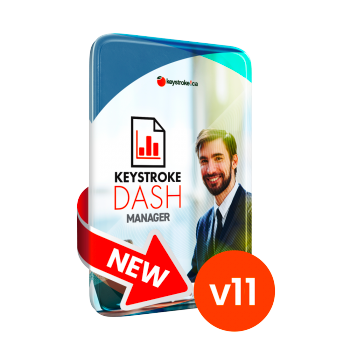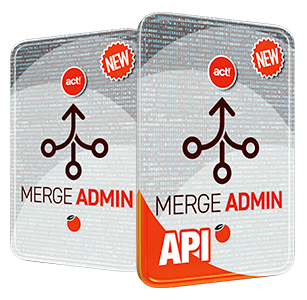Small businesses are the backbone of the economy, often driven by passionate entrepreneurs who pour their heart and soul into their ventures. These businesses are typically characterized by their agility, close-knit teams, and a deep understanding of their customer base. However, one common challenge they face is recognizing and addressing inefficiencies within their operations.
The Comfort Zone of Familiar Workflows
Many small business owners have developed workflows and processes that they are comfortable with. These methods have often been honed over years of trial and error, and while they may not be the most efficient, they are familiar and reliable. This comfort zone can create a significant blind spot when it comes to identifying inefficiencies.
For instance, a small retail business might rely on manual inventory tracking because it’s a system they’ve always used. While this method works, it’s prone to errors and time-consuming. The business owner might be aware that there are more efficient ways to manage inventory, but the perceived complexity and cost of implementing a new system can be daunting.
The Challenge for CRM Companies
CRM vendors like Act! face a unique challenge when approaching small businesses. They need to demonstrate not only the inefficiencies in current workflows but also the tangible benefits of adopting a new system. This is often easier said than done, as small business owners are generally pleased with their current operations and may not see an immediate need for change.
CRM companies like Act!, and by extension resellers like us, must navigate this challenge by:
-
Building Trust: Establishing a relationship based on trust is crucial. Small business owners need to feel confident that the CRM provider understands their unique needs and challenges. The overabundance of options in this space makes this decision difficult, but not impossible.
-
Demonstrating Value: It’s essential to show how a CRM system can save time, reduce errors, and ultimately increase profitability. This can be achieved through case studies, testimonials, and demonstrations, but it's still a challenge. For example, one of my closest friends uses Excel to quote his customers, and sees little reason to change since it works for him and his team all know how to use it.
-
Offering Support: Providing robust support during and after the implementation of a CRM system can alleviate fears about the complexity of new technology. Our project quotes always include VIP or Orange Care support plans, and we stress their value in a successful CRM deployment.
Training sessions, customer service, and ongoing assistance are key components. -
Highlighting Scalability: Small businesses often have growth aspirations. CRM companies can emphasize how their systems can scale with the business, providing long-term value. Having grown from a 3-person local team in Toronto to a 30-person company spread across three counties is proof of Act!'s scalability, and we continue to grow.
Overcoming Resistance to Change
Resistance to change is a natural human tendency, and small business owners are no exception. To overcome this, CRM companies can:
CRM companies must navigate this challenge by:
- Start Small: Propose incremental changes rather than a complete overhaul. This can make the transition less intimidating and allow the business to see immediate benefits. This might include include migrating customer data in the first stage, and scheduling the next. From there, we can introduce different sales, marketing, and service workflows individually so we can win buy-in from each of the different departments along the way.
- Show Quick Wins: Highlighting quick wins can build momentum and demonstrate the CRM system's value early on.
- Leverage Data: Use data to show the inefficiencies in current workflows and how the CRM system can address these issues. Concrete numbers can be very persuasive, as can compelling reporting results.
Conclusion
While small businesses may not always see the inefficiencies in their operations, CRM companies have the opportunity to show them a better way. By building trust, demonstrating value, offering support, and highlighting scalability, CRM providers can help small businesses unlock their full potential. The key is to approach the conversation with empathy and a clear understanding of the unique challenges small businesses face.




































